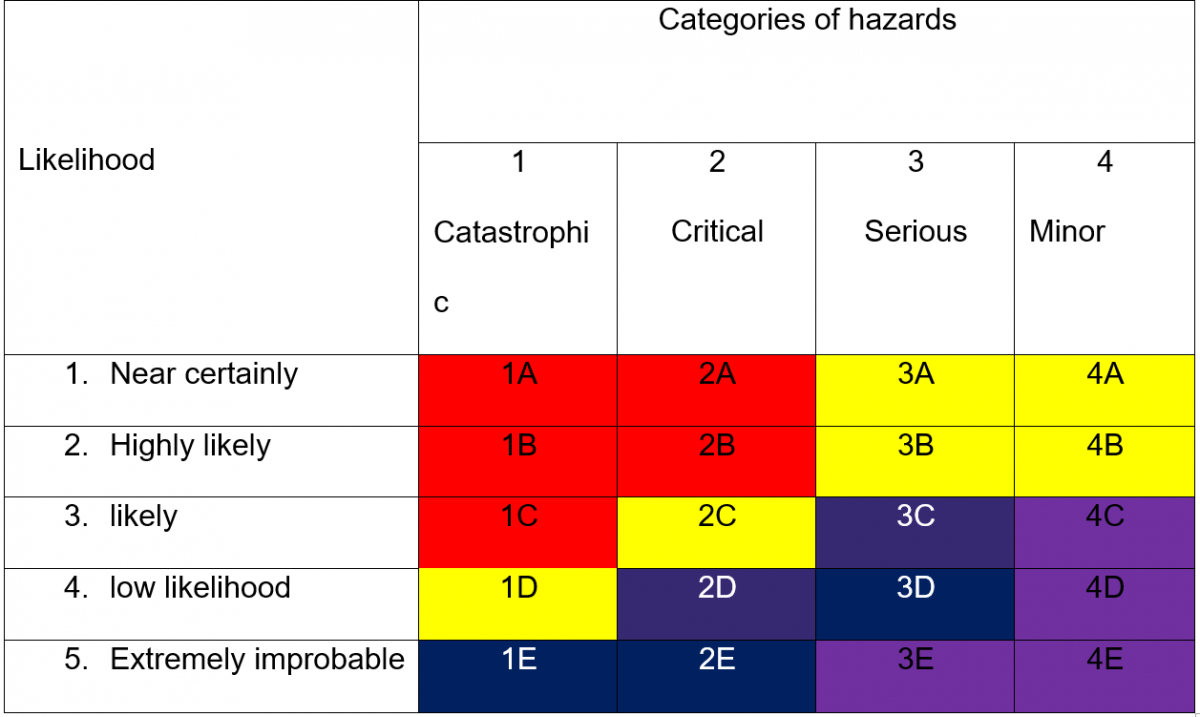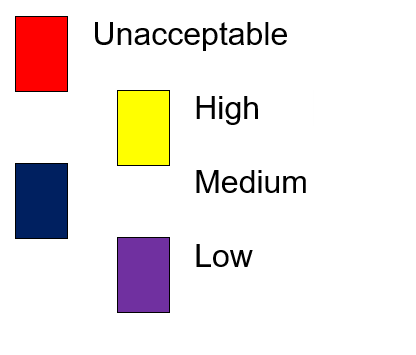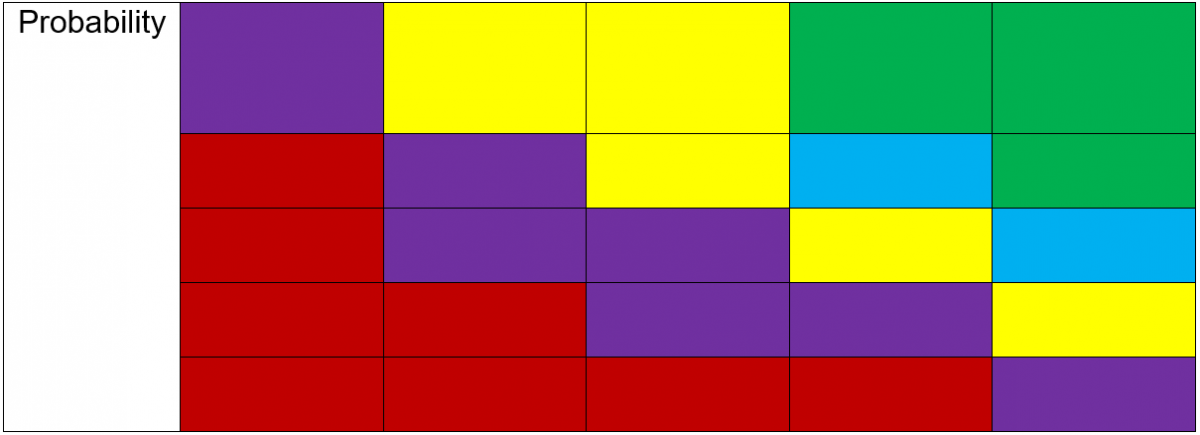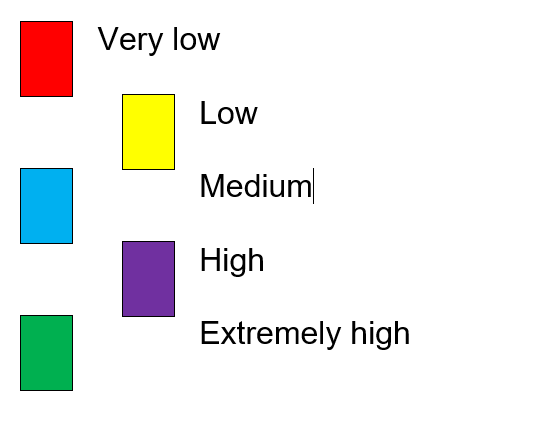Introduction
Amtrak Main street station was a railway station which was opened to serve Chesapeake and Ohio. The roads were under the design of Wilson and Richard. The road caused a war between Spanish and Americans in 1898. The war caused economic hardship, which delayed road construction. The passengers of Seaboard Air Line were then shifted to a station in Broad Street. The Chesapeake and Ohio maintained its customers and offices on the terminal of Main Street up to the time when Amtrak owned the service. There was a flood that caused destruction on the station’s first floor. The flood was an outcome of the James River overflow, which was caused by Hurricane Agnes. It forced Amtrak to stop its services to passengers on the 15th of October 1975. In 1983, the development corporation of SWA re-opened it like a shopping mall after it had remained closed for some years (Great American stations, 2013; Stanton, 2003).
During the negotiating period, a fire broke out damaging the upper floors and the building’s roof on 7th of October 1983. The damage was repaired, and it was officially opened in 1985, although it ran for a short period of time. A night club was also brought in the building though it never lasted. Health offices in the building were then opened.
There was a passage of the actin 1991, which allowed the preservations of the building that existed before constructing new ones. This became an opportunity for Victoria Badger to raise the station again, which was a gateway to different modes of transport. It was later on purchased by the Virginia state, and thereafter it was taken by Harry Weese Associates of Washington (HWA). Gensler bought the building after Harry Weese Associates’ founder died. Gensler then renovated the building, which included life safety facilities, security, wiring of the network, and elevators. The outside of the building was also renovated. The renovations had a positive impact because it raised Amtrak services. The renovations were also done for safety purposes (Plant, 2004).
Identification and assessment
There is a need of strengthening Amtrak main business systems so as to overcome future challenges that might be caused by lack of financial stability. Amtrak lacked strategic plans that provide clear goals of the corporate. Some departments in Amtrak made purchases independently and failed to stick to the procedures involved in procurement policies.
Amtrak has insufficient data on its expenditures of goods and services and this is a great barrier to their knowledge of their buying power and reduction of costs. Amtrak has poor management on food and beverage management contracts. This has contributed to loss due to financial loss. Amtrak has failed to be subject to various mechanisms that are base for results accountability (Plant, 2004).
Threat identification and assessment
On 5th of October 2013, there was a train terror attack which was planned by hundreds of people. On 1st of August 2013, a camera caught train drivers sleeping and reading books while on duty.
On 19thNovember 2013 an Amtrak train was hijacked in Philadelphia. On 23rdof April, there were reports on terror attack plots on a train traveling from Canada to America.
Hazard identification and assessment
Hazard is a situation which has the ability of destroying health and people’s safety. Fog is a natural disaster which might cause serious crash due to lack of vision. Heavy rains also cause accidents by causing heavy floods.
Hazardous materials spills from trains might cause mass incident to people. People in the respective areas might inhale the poisonous gas which might deteriorate their health hence death. A high speed also leads to mass death. This is on increase due to jams caused on traffics (Verton, 2004).
Vulnerability identification and assessment
Vulnerability assessment is the identifying of threats from hazards to population. Definition and classification of system resources is the identification of strengths in an organization to assess vulnerability. Also assigning of levels which are vital to resources is a crucial way of assessing vulnerability.
The person who discovers a security hole needs to disclose it as soon as he/she identity’s it. Development of strategies in order, to solve the possible risks first that might seem serious is an important step in vulnerability assessment.
Risk assessment
It can be defined as the identifying of hazards, analyzing and evaluating the hazards association, and determining the required ways to outdo the hazard (Sanchez, 2004). Fig1 one below is an example of how risk is assessed.
Risk Assessment Matrix


The level of hazard consists of a number and a letter. The number
- means the event severity of death, loss of system or permanent damages.
- Shows injury that is severe, major damages of systems or permanent severe damage.
- Shows an injury that needs treatment, sickness, damage of systems, and environmental damage that is immitigable.
- Shows minor injury and minimum damage of the environment.
Letter (A) represents the frequency of the damage occurrences, (B) means that risk occurs severally, (C) means the risk would likely to occur sometime in life, (D) the risk occurrence is unlikely to occur or it may occur in future, (E) Occurrence might never occur. According to the table each table is related with the category of risk. Categories of risks are vital to team managing the risk to differentiate possible serious hazard threats that may cause death and property loss from minor possible risk (Biesecker, 2008).
Cost benefit analysis and counter measures selection


Figure 2 above indicates the need of securing mass transit due to numerous terrorist attacks. A security system should be responsible for assessing risks. They should also assess individual risks elements and their consequences.
They can do it by inventing programs that screens passengers and baggage. It can also expand its effort by acquiring and sharing with other industries the technological information.
Recommendations and conclusion
Security bodies and departments have to ensure that their limited resources are utilized well to secure rail systems of passengers. They should also conduct risk assessment that involves all elements of risk so as to enhance its strategies of risk by incorporating measures of performance (Stanton, 2003).
Mass transport and systems of rail are crucial components to the nation. They provide around millions of passengers trips weekly. Commuters usually depend on the systems to enhance security on transport sector. There is need for increased security due to previous terrorists’ attacks on transport. There should be various entities that should play a role in assisting the funding and securing mass transit.
References
Biesecker, C. (2008). Amtrak Introduces Mobile Security Teams, Random Luggage Inspection. Defense Daily, 237(33), 4. Web.
Great American stations. (2013). Richmond – Main Street Station, VA (RVM). Web.
Plant, J. (2004). Terrorism and the Railroads: Redefining Security in the Wake of 9/11. F. Review of Policy Research, 21(3), 293-305. Web.
Sanchez, H.(2004). House Transportation Chief Pushes $1.1B for Rail Security. Bond Buyer, 348(31), 909. Web.
Stanton, J. (2003). Think Tank Calls For Renewed Commitment To Amtrak. Congress Daily, p.1. Web.
Verton, D.(2004). Amtrak Lags in Implementing Security Technologies. Computerworld, 38(12), 1-51. Web.